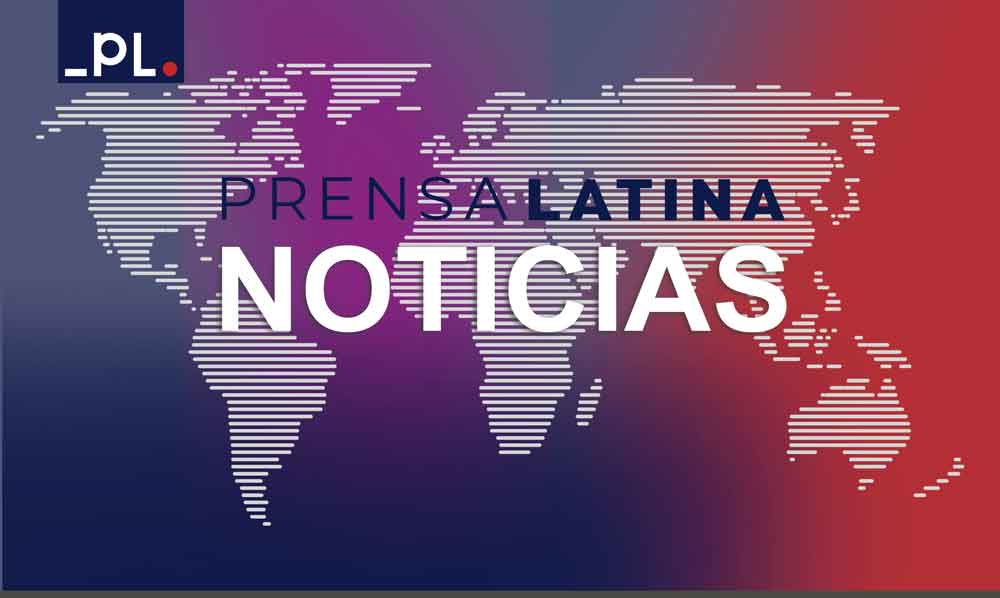The meeting will discuss the initiation of Stage 4 of the Graded Action Plan (GRAP) to tighten restrictions to combat pollution amid deteriorating air quality, which moved into the “severe” category on Thursday.
According to CAQM, Delhi’s average air quality index (AQI) this Friday morning in the South Asian country was 475, considered dangerous by experts, and its rapid deterioration, in addition to fog, reduced visibility to 600 meters in Safdarjung and 500 meters in Palam.
On Thursday, Noida recorded an index of 695, making it the most polluted city in India.
The capital authorities also announced the closure of private and public primary schools.
The fourth stage of GRAP, which will be applied when the AQI exceeds 450, includes measures that include a ban on entry of trucks into Delhi and construction work on highways and roads.
After a comprehensive assessment of the state of air quality, weather forecasts and air quality index data, experts said the situation is likely to worsen.
Air pollution occurs due to the presence of harmful substances that have a negative impact on human health and the environment.
The causes include the use of poisons in agriculture, such as insecticides and pesticides; the burning of fossil fuels such as coal, oil and other fuels; industrial smoke that releases carbon monoxide, hydrocarbons and other chemicals; and vehicle exhaust as a source of carbon monoxide.
Some of the impacts on the population include respiratory diseases such as asthma, bronchitis and lung cancer; cardiovascular diseases such as stroke and heart disease; neuropsychiatric disorders such as depression and anxiety; as well as eye irritation and skin diseases.
yes/lrd

